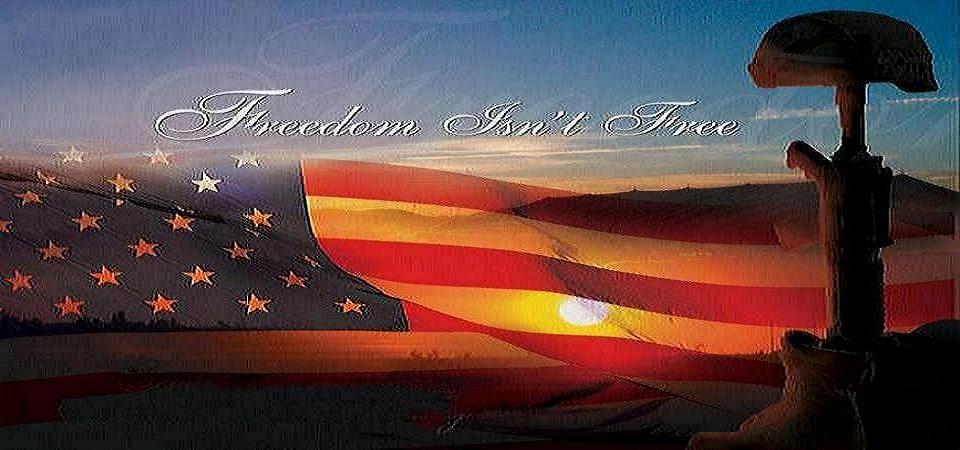|
Washington D.C.,March 9, 2010 — In his opening statement today before a joint hearing of the Senate and House Veterans Affairs Committees, Thomas J. Tradewell Sr., the national commander of the Veterans of Foreign Wars of the U.S., testified about his organization's concern with the national health care debate, and whether or not it will impact the health care programs currently provided to veterans and military retirees by the VA and the military’s Tricare system.
"Many promises have been made — by the president and by this Congress — that VA and Tricare will be protected, but a free press and an even freer Internet continue to fuel speculation that both health systems will be lost and/or absorbed into a larger national plan," said Tradewell, who leads the nation’s largest and oldest major combat veterans’ organization. "America’s veterans and military retirees look to you — our champions in Congress — to protect both programs, and to do so vocally at every opportunity."
In his testimony, the combat-wounded Vietnam veteran from Sussex, Wis., addressed the number one VFW legislative issue: Fix the backlog of more than 1.1 million individual claims and appeals for compensation, pension and education benefits currently plaguing the Veterans Benefits Administration.
"The most important issue facing America’s veterans today is the unacceptable VA claims backlog, and an equally unacceptable processing error rate," said Tradewell, referring to a system wide 17-percent average error rate that soars to 25, 29 and 38 percent in the VA Regional Offices in Virginia, Alaska and Maryland, respectively.
"This massive backlog has resulted in a six-month average wait for an initial rating decision, and a two-year average wait for an appeal decision. That is completely unacceptable, [as is] asking a veteran to wait half of a year or more for a rating decision that could have a one-in-three chance of being incorrect."
The VFW national commander commended VA Secretary Eric Shinseki for making the reform of the VA claims system a top VA priority, but cautioned against "silver bullet" fixes that could prove more harmful than helpful to veterans.
"We know that any single plan to make the overall claims process simpler could occur at the expense of the rights and benefits earned by veterans, their dependents and survivors," he said. "A quick fix plan is simply unacceptable, because fixing the backlog will require thoughtful solutions to avoid harming veterans and exacerbating the problem.
"VBA is the key to everything VA does, so the VFW will continue to offer its expertise to the VA and your committees so that we can solve this backlog problem together," he said. "Veterans have grown tired of the excuses. They want and deserve action. The VFW wants to help."
Other VFW high interest issues addressed ranged from the proper care and treatment of returning servicemen and women with traumatic injuries to mind and body, the need for an integrated information technology system to bring the VA into the 21st century, veterans’ unemployment and homelessness, and military caregivers and survivor benefits. Tradewell also provided testimony regarding further traumatic brain injury research and treatment, suicide awareness and prevention, and women veterans' health care needs.
Joining Tradewell at the hearing were VFW and Ladies Auxiliary leaders from all 50 states, the District of Columbia, Europe, the Pacific, Latin America and the Caribbean. |
Read more...
